With thanks to Miriam Heale, Allen & York
The International Living Future Institute (ILFI) has announced the appointment of Eric Corey Freed as vice-president for global outreach. Freed is a sustainability thought leader and architect, who has run his own San Francisco-based architecture firm, organicArchitect, for almost two decades.
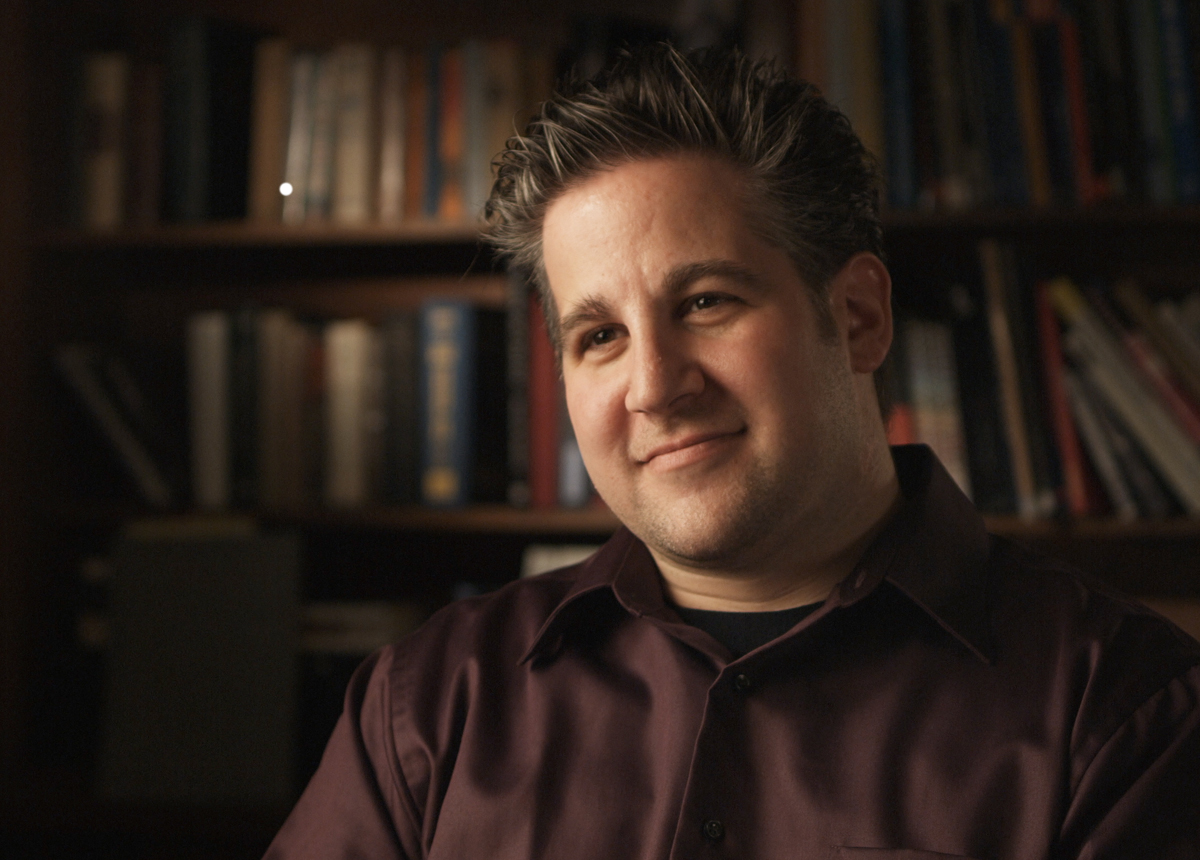
A native of Philadelphia, Freed attended Temple University College of Architecture. “I’ve been very lucky to have clear and strong mentors in my life from an early age,” says Freed, who worked for former students of Frank Lloyd Wright straight after university. Early in his career, he worked in Philadelphia, New York City and Santa Fe, relocating to San Francisco in 1997 to start his own firm.
“Imagine dedicating your life to a career like architecture, one you believe to be a noble pursuit, only to find out that buildings have a bigger impact on our environment than cars,” says Freed. “Half of our carbon emissions are from the construction and operation of our buildings. That is like learning you’re in the cigarette industry!”
Freed’s career has evolved over the past 20 years from architect, into advocate and activist.
“We need to make every building a living regenerative and healthy building, not just the special ones,” he says. He is looking to grow and engage ILFI’s global network of volunteers around the world, as well as reach more people. “Everyone needs to know about our solutions for slashing your operating costs, eliminating your carbon emissions and improving your indoor air quality,” he explains. “Every building needs to be a living building.”
Hilary Tam is the new CSR and sustainability lead at London contract caterer Vacherin. Canadian-born Tam joined the firm from the membership organisation Business in the Community.
Tam’s first job was with Greenpeace Canada working on the climate and energy team. “I was then seconded to Greenpeace International to support the programme team in Amsterdam, which develops and implements the global communication and campaign strategies for the year,” she recalls. Tam has also worked as a television presenter in Canada and Hong Kong, which allowed her to combine her passion for environmental protection with communications – with a focus on youth mobilisation and celebrity engagement.

“I saw that organisations like Greenpeace were effective in raising awareness and exerting pressure but, at the end of the day, many decisions happened within businesses,” she says. “So I decided to get a more corporate perspective on pressing global issues by completing an MSc in sustainability and management.” In the UK she then spent some time working with Business in the Community on its annual corporate responsibility index.
“In my current role, I hope to really change attitudes and behaviours between people and food, so that we can all eat happily and healthily while minimising our impacts on the environment,” she says.
Looking to increase member awareness of humanitarian issues in diamond and gemstone supply chains, the Gemmological Association of Great Britain (Gem-A) has appointed chair of the Jewellery Ethics Committee UK (JECUK), Vivien Johnston, as its new ethics and CSR manager.
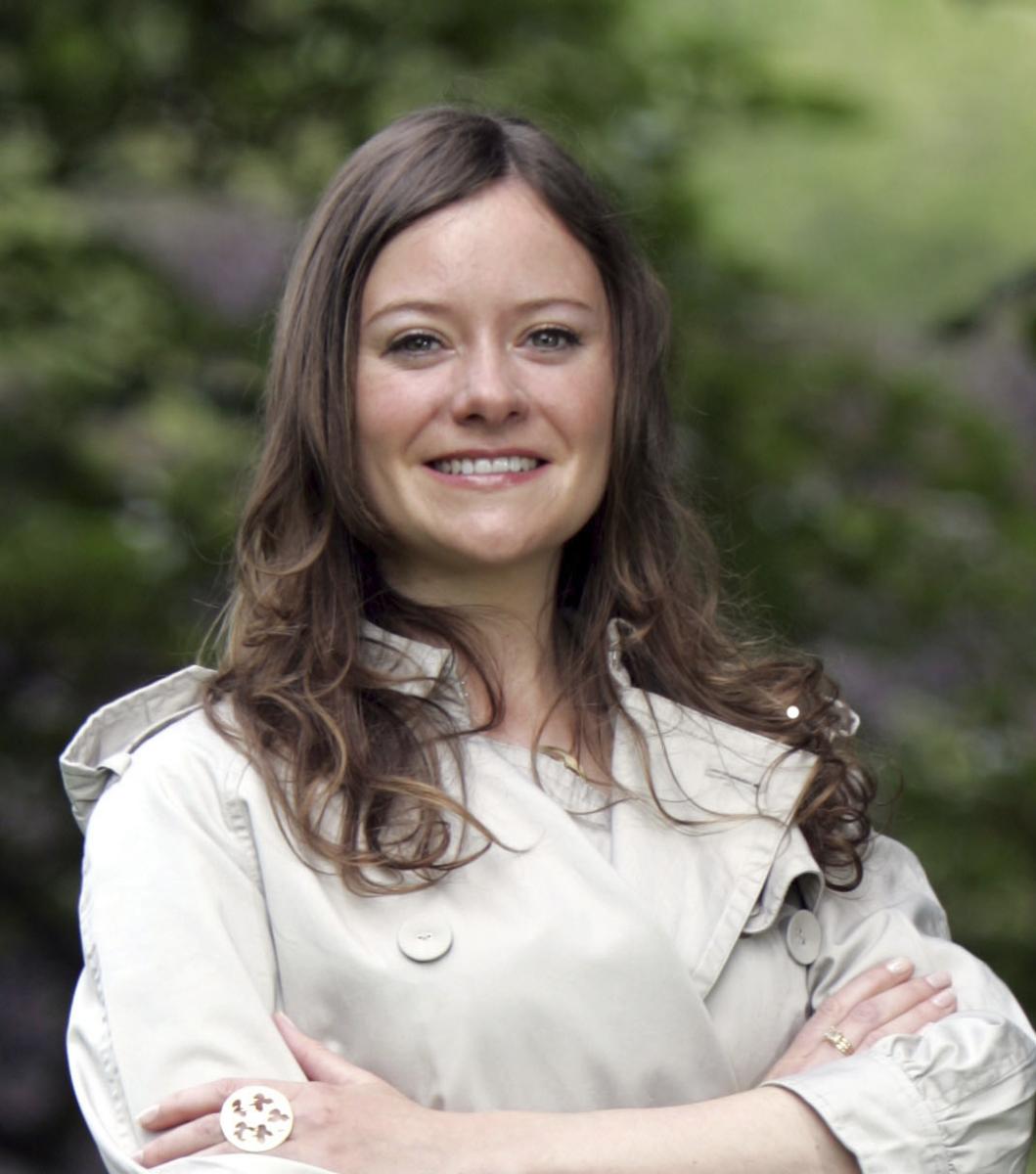
After completing a degree in silversmithing and jewellery, Johnston became a junior designer, working her way up to head of design for a commercial jewellery company.
She was first drawn to this sector after becoming aware of the human rights and environmental issues in mining and processing precious minerals. “I felt the opacity of typical supply chains made it impossible to assess how 'ethical' a particular supply chain actually was,” she says. “So I set up Fifi Bijoux in 2006, to pilot a designer jewellery brand, which sourced direct from the mine, or with a short supply chain, and which could deliver clear ethical assurances from known origins.” Prioritising Fairtrade principles where possible and equitable trade throughout the supply chain, it was a successful experiment. “I'm happy to say other businesses have now also ventured into similar models,” she says.
Johnston has been chairman of JECUK since 2009. “I am an advocate of two things in delivering ethically sound supply chains,” she says. “The first is education. This brings all sectors of the trade up to a better standard. Second, consumers should have some credible assurances about the efforts being made by the industry. This means we need greater transparency within the trade – there is no way to check the 'ethicalness' of your supply chains if you know nothing about how that product came to be.”
She adds: “I hope to see this develop as a level of achievement that jewellery professionals will take pride in.”
Appointment of the Month
Sheila Bonini is the new chief executive officer of The Sustainability Consortium (TSC). Bonini joins TSC after more than 15 years with global consulting firm McKinsey, where she served as senior expert consultant and co-leader of the company’s sustainability transformation service. Bonini is familiar with TSC, having served in a leadership capacity as a consultant in 2011 and, more recently, as lead on collaborative research work. Independently, she has also led research collaborations with the World Wildlife Fund, the Carbon Disclosure Project and other TSC members.
Bonini’s advisory experience includes sustainability strategy, regulatory strategy, supply chains and products. Previous employers include Merrill Lynch and Goldman Sachs, as well as the Hewlett Foundation and Stanford’s Center for Social Innovation.
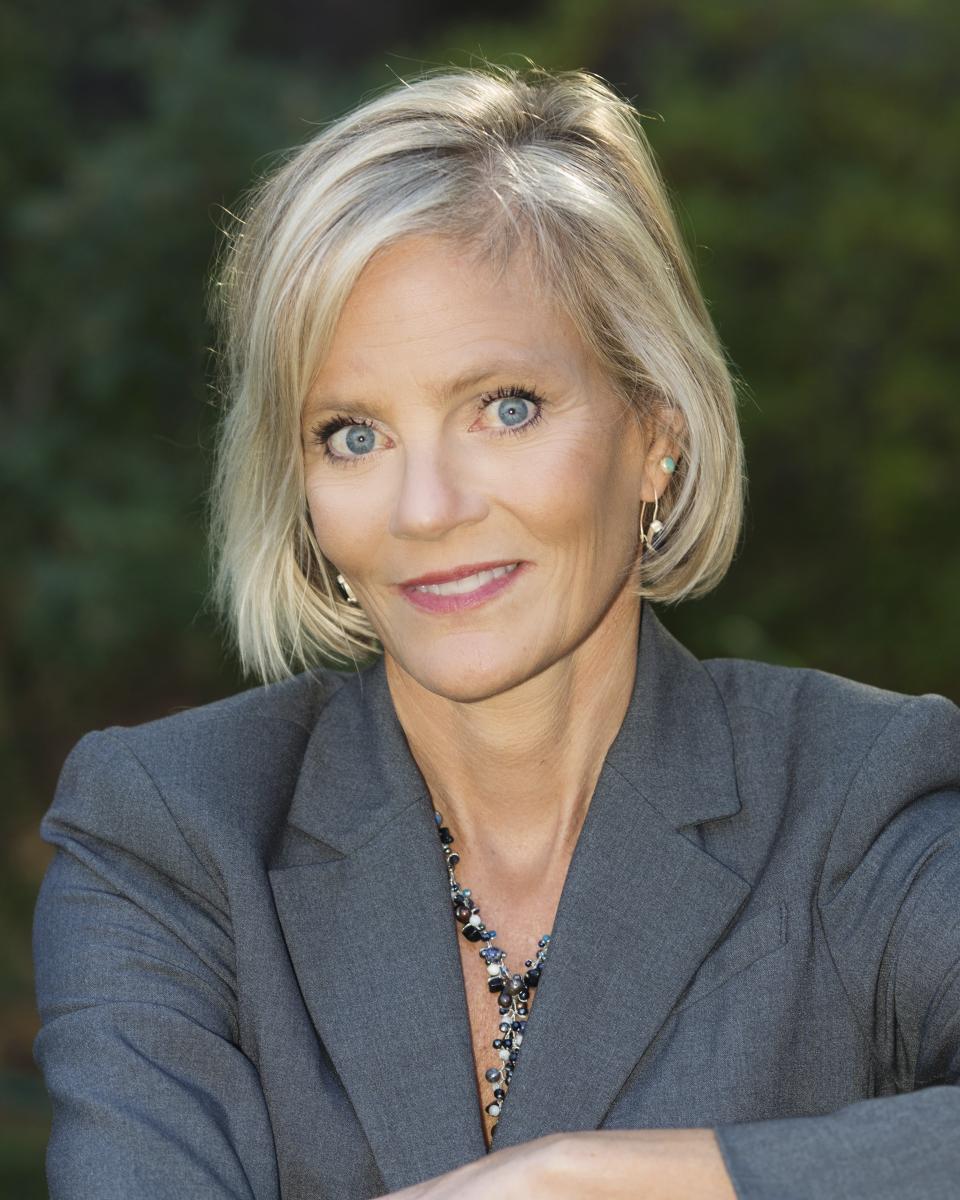
“Sheila is widely acknowledged as a world-class expert in sustainability,” says TSC board member Rob Melnick.
Bonini says: “When you assess the impact of consumption and consumer goods across the value chain, the size of the opportunity is immense. The power of TSC is bringing together the right constellation of players – the best of corporate, NGO, civil society and research – to find the right answers, drive impact and make a better planet.”
TSC has more than 90 members, including NGOs, civil society and corporations from all corners of business.
The Sustainable Energy Association of Australia has appointed Dermot Costello as its new chief executive. Costello has worked in the sustainable energy industry in Australia and Europe for the past eight years, managing projects across wave, tidal, biomass, waste, solar and wind. He is a former director at c, which delivers renewable energy projects worldwide.
The board of directors of the International Society of Sustainability Professionals (ISSP) has elected a new leadership team. Julian Crawford, director of EcoSteps, based in Sydney, is the new ISSP president. Marilyn Johnson, director of corporate sustainability for IHS, Seattle, is the new vice-president. Graham Russell, principal of TruPoint Advisors, Denver, is now treasurer. Laurel Sukup, chief sustainability and business support for the Wisconsin Department of Natural Resources, is ISSP's new development director. Marsha Willard, principal of AXIS Performance Advisors, Portland, is the new ISSP secretary.
United Nations Secretary-General Ban Ki-moon has announced the membership of a High-level Advisory Group on Sustainable Transport to provide recommendations on sustainable transport actionable at global, national, local and sector levels. Olof Persson, chief executive of the Volvo Group, and Carolina Tohá, mayor of Santiago, Chile, will be co-chairs.
Online retail giant Amazon has appointed Kara Hurst as its first sustainability executive. Hurst, who takes up her post in October, was formerly chief executive of The Sustainability Consortium.
As well as its new CEO, The Sustainability Consortium has also added two new leadership positions.
Malcolm Fox, chief operating officer, most recently spent two years as COO/CFO at Equitable Origin, the world’s first voluntary social and environmental certification scheme for the oil and gas industry.
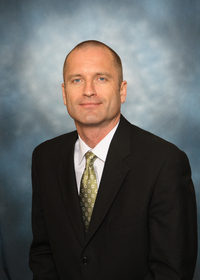
Susan Arnot Heaney, director of marketing, development and communications, spent 16 years with Avon as executive director, corporate responsibility, where she created the firm’s global corporate responsibility practice.
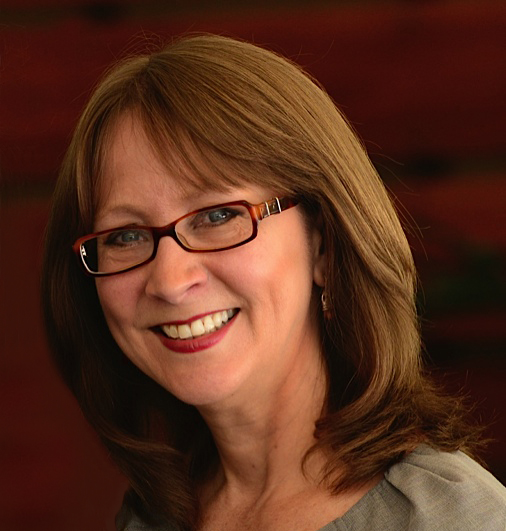
Forum for the Future has added five new members to its board of trustees: Volker Beckers, former CEO at RWE npower; Lucy Siegle, environmental journalist and broadcaster; Kelvyn Derrick, former CEO of Hamworthy; Fiona Thompson, vice-chair of Care International UK; and Anita Tiessen, deputy executive director for Unicef UK.
Monash University water researcher Professor Rebekah Brown has been appointed director of the Monash Sustainability Institute. Brown, who takes up her post in February, has founded and facilitated a number of large multi-stakeholder consortiums, and played a central role in bringing together more than 70 organisations to invest in the CRC for Water Sensitive Cities, one of the largest interdisciplinary research centres in Australia.
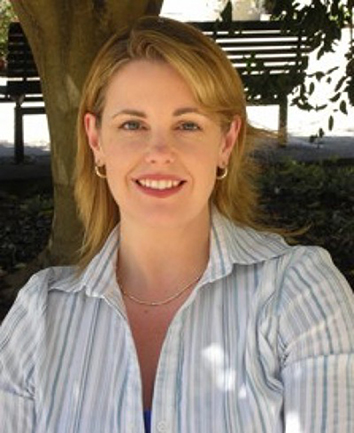
A former CEO of Total has joined the board of Joule – a firm that uses solar energy to convert carbon dioxide into liquid fuel. Serge Tchuruk, who was chairman and CEO of the French oil company, and of mobile phone manufacturer Alcatel, is to be chairman of Joule’s strategy committee.
Brad Buss, a board member of Tesla Motors and a former chief financial officer of Cypress Semiconductor, is the new chief financial officer at SolarCity.
Impax Asset Management, a private equity infrastructure fund manager in the renewable energy sector, has hired three people to its private equity infrastructure team. Investment manager Babaola Omiyale joins from Rothschild’s investment banking team. Investment analyst Lewis Haffey comes from Clean World Capital, a renewable energy investment advisory boutique in London. Aaron Donoghue, engineering and project operations consultant, has worked for RES and Vestas and was vice-president technical at Rengen Energy.
people and careers people on the move

